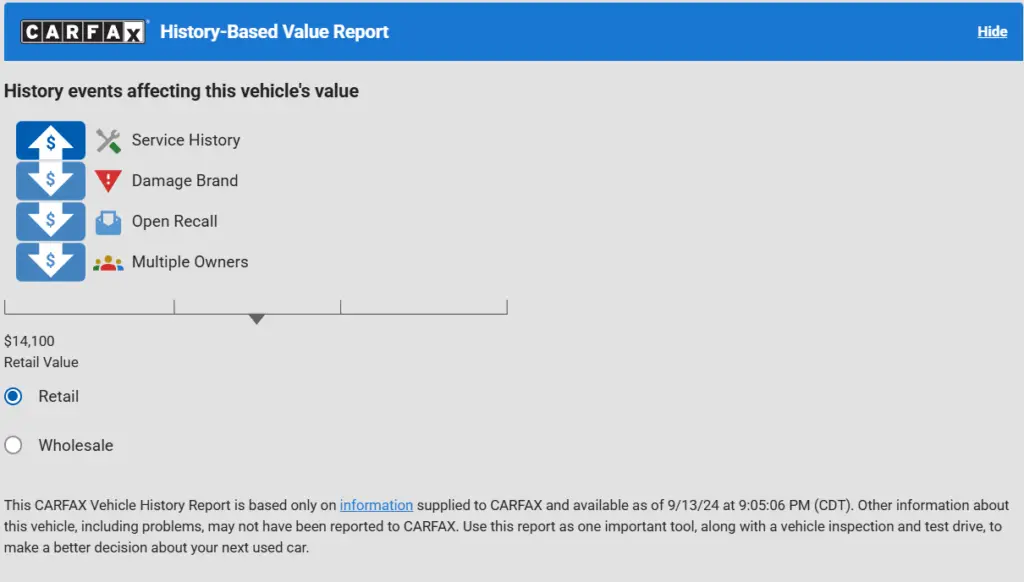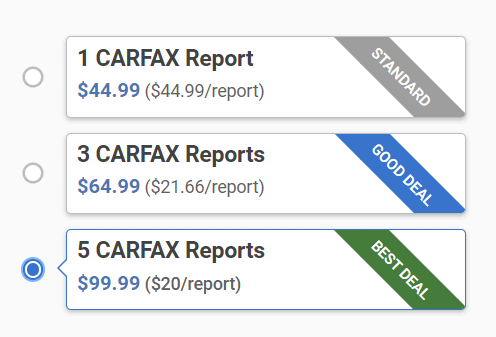You drive off the lot excitedly in your new car. But a few weeks later, you suddenly find out it’s part of a massive recall. Even the thought of it is scary, right? But here’s the truth: In the U.S., over 28 million people were highly affected by vehicle recalls in 2024.
And that means it can literally happen to anyone. And that leads to a simple question: what does a car recall mean? Simply put, recalls are designed to protect passengers, drivers, and other road users by preventing breakdowns caused by defects and accidents.
So today, we will walk you through what recall means, why it happens, and what to do in that situation. Let’s begin!
What Exactly Is a Vehicle Recall?
A vehicle recall is mainly a notice that the federal government or the manufacturer issues to explain that an issue with your vehicle has been spotted, and also recommends steps to solve the problem.
In most cases, the solution is to get repairs at the dealership where this particular car was purchased. Moreover, the issue may include tires, vehicles, or equipment that don’t meet safety standards or create risks.

The National Highway Traffic Safety Administration or the auto manufacturer normally notifies the impacted owners of the recall campaign through the mail. However, recalls don’t mean the need for the entire vehicle’s replacement.
How Does a Vehicle Recall Work?
When a car defect is identified, the manufacturer has to notify the NHTSA by law and take action to fix the problem. NHTSA may initiate a recall based on customer complaints or its investigations.
When they announce a recall, the vehicle manufacturer is required to notify the registered owners of that vehicle. The process of notification involves sending a letter to the vehicle owner with the following information:
- The dangers and risks the defect could possibly cause
- A proper description of the problem or defect
- Warning signs that may show the presence of the issue
- Instructions on where and how to get the defect repaired
- Assurance that this specific repair will be done without costing the vehicle’s owner
Once you get the recall notice, you can take the vehicle to the authorized dealership, where the repair will be done free of charge. But if the defect is irreparable or severe, the manufacturer may offer a refund or replace the vehicle.
Why Can a Car Be Recalled?
Typically, the recalls fall into two main categories:
- Safety Recalls: These are defects that don’t make the vehicle unsafe to drive immediately. Mostly, owners can continue to use their car while they wait to fix it. Common examples include parts that were properly fitted or malfunctions in driver assistance systems.
- Stop-Drive Recalls: These come into the serious category, which means you shouldn’t drive your vehicle until the issue is fixed. They do not occur frequently, but whenever they do, it’s mostly because of issues with brakes, steering, drivetrain, engine, or other safety systems.
Where to Check for Car Recalls?
You can check if your car has been recalled very conveniently using free official tools. For example, you can consider the DVSA vehicle recall checker or your country’s vehicle recall website and enter your car’s registration number.
In addition, it’s also possible to use other methods like SMMT Vehicle Safety Recall Service or any other you find reliable. Manufacturers like DS Automobiles and Citroën also provide some VIN-based recall tools for issues like the Takata airbag recall.
However, if you’re buying a used car, go a step further and get a CheapCarfax Carfax report for only $4.49 to uncover different aspects of your vehicle. This can involve any accidental history, hidden recalls, ownership details, and more.
What to Do If Your Vehicle Is Recalled
Have you had your vehicle recalled recently? Well, it’s wise to take action immediately to address the issue without delay. Follow these steps:
- Review the Recall Notice: Read your recall letter thoroughly to understand the defect’s nature, the involved risks, and the steps you have to take to get it fixed.
- Contact the Dealership: Now it’s time to schedule an appointment with the dealership to get the defect repaired. Your recall notice will provide specific details on how to make arrangements for the repair.
- Document Everything: Keep detailed records of all communications with the dealership, manufacturer, or repair shop. It will be important if the issue isn’t resolved; you may have to pursue a legal claim.
- Know Your Rights: Even after your vehicle has been recalled, you’re entitled to pursue a legal claim if the defect is not fixed after numerous attempts or in case any other problems arise.
Check Your Vehicle’s History Today!
Vehicle recalls can happen anytime, usually without warning. That’s why it’s always smart to check your car’s history before buying it. With CheapVHR, you can get Carfax reports within minutes.
They offer information about several things, like title history, ownership details, accident reports, and even open recall information. No doubt, this helps users make more confident and safer buying decisions without regrets!




